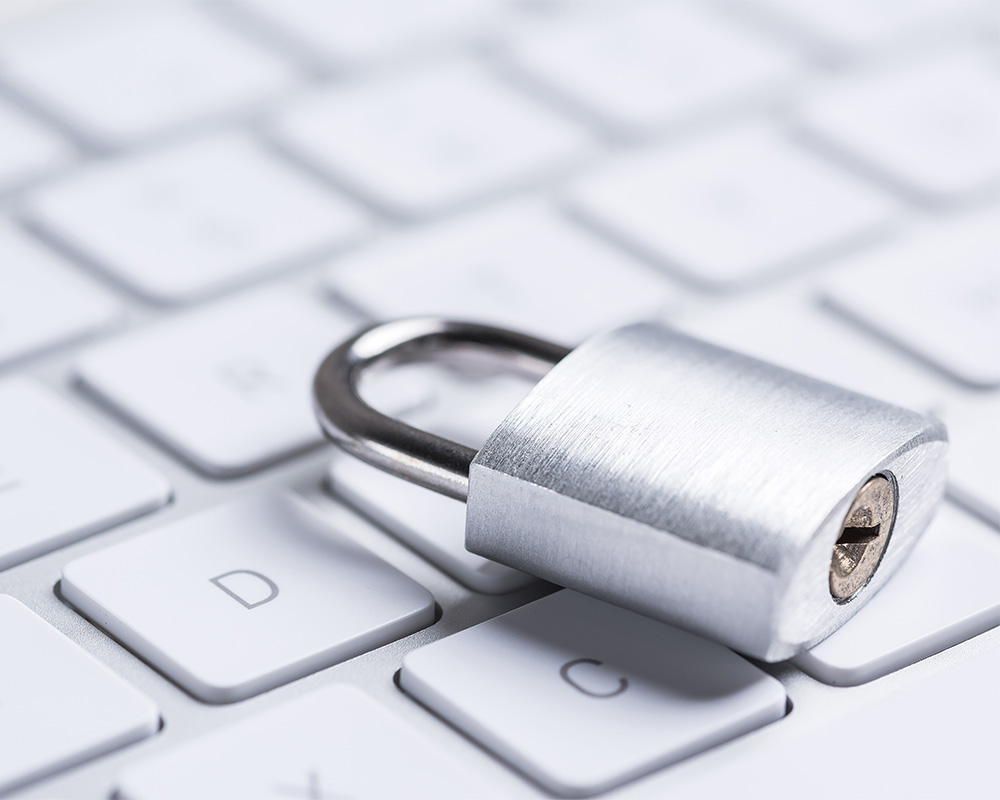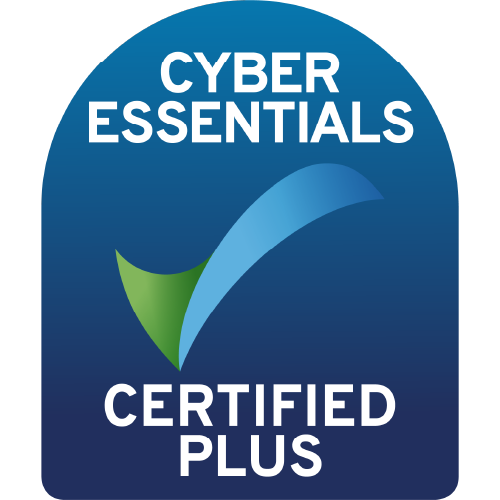What is email security?
Email security is a term that’s used to describe techniques and procedures that are put in place to protect email accounts from malicious emails and unauthorised access. Emails are commonly used to distribute spam, malware and phishing attacks – take a look below to find out why email security is important and how you can protect your business.
How safe is email?
With all the important documents and information that gets sent via email, you’d think this method of communication is airtight. Unfortunately, there are lots of ways that people can abuse email systems. When email was first introduced, it was designed to be as open and accessible as possible. Whilst useful, these properties make email much more vulnerable to cyberattacks. The three most common email threats are:
Spam
Spam is an email threat in which your users receive large volumes of unsolicited emails, usually not personally addressed to the recipient. Not only is spam incredibly annoying, but it often contains links that lead to phishing websites or sites hosting malware. Most people understand what spam emails are, however, they aren’t always easy to identify. Cyber criminals understand this and are very aware that the biggest vulnerability businesses face when it comes to cyber security is their people.
Malware
Malware is any type of malicious software that can be used to damage devices, disrupt business operations, extract data, or gain remote access to a system. Malware is usually disguised as an email attachment or as a link to a web address (URL). In many cases, malware is sent to a user in the form of CEO fraud or impersonation attacks. In these instances, the hacker impersonated a senior member of staff or other colleague to entice engagement with the malicious file or link, both of which can be detrimental for the business.
Phishing
Phishing attacks refer to cyber criminals posing as legitimate organisations such as banks or HMRC. They use similar email addresses and branding to the recognisable company they’re imitating as an attempt to trick unsuspecting recipients into believing their email has been sent by a trustworthy source. Victims of phishing attacks are often scammed into transferring money or logging into legitimate accounts on behalf of the attacker. Unlike malware and spam, phishing relies on social engineering.
What can I do to enhance email security?
There are a few things you can do to keep your email secure. As an individual, there are some good habits you can develop that will help reduce your risk of falling victim to cybercrime.
First, set your email up with a provider you can trust. Companies like Google and Microsoft have built-in security measures and spam filters to help you avoid suspicious emails. Make sure no one knows your password, and it’s not saved to your browser. Lots of companies have a two-step verification process too. Make sure you always log out of your email account after you’ve finished what you’ve been doing. It might seem like more trouble than it’s worth, but it is very effective in keeping your emails secure. Finally, be cautious in giving out your email address to people, online and in real life. The fewer people who know it, the more control you have over your inbox.
If you’re a business, there are a number of other ways to enhance email security on a company-wide basis. The first step is making sure you implement a secure email gateway. This scans all incoming and outgoing emails to make sure threats aren’t entering (or leaving) your business. Alongside this, you need to make sure that you’ve setup automated email encryption. This will scan outgoing emails, decide if they’re sensitive, then encrypt them if they are. Lastly, training your employees on email security measures greatly reduces the risk of compromise due to human error.
How can DuoCall MSP help keep my emails safe?
Here at DuoCall MSP, we provide a selection of cloud security products for businesses looking to protect themselves from malicious email threats…
| Barracuda Impersonation Protection | Barracuda Complete Protection Suite |
|---|---|
| Barracuda Impersonation Protection combines four areas of protection. Domain fraud protection makes sure no malicious parties are spoofing your domain. Phishing protection does exactly what is says on the tin, keeping you safe from attempted phishing attacks. Account takeover protection detects, prevents and remediates takeover attempts. Impersonation protection uses advanced AI to protect from socially engineered impersonation attacks. | Barracuda Complete Protection Suite is made up of four security elements. Spam, Malware and Advanced Threat Protection utilises new, sandbox technologies to identify spam and malware. Cloud-to-Cloud Backup makes sure that your emails are backed up to a secure cloud system. Cloud Archiving and Compliance accurately captures and stores a copy of each email sent or received. Link Protection rewrites malicious links and blocks employees from clicking on them. |





